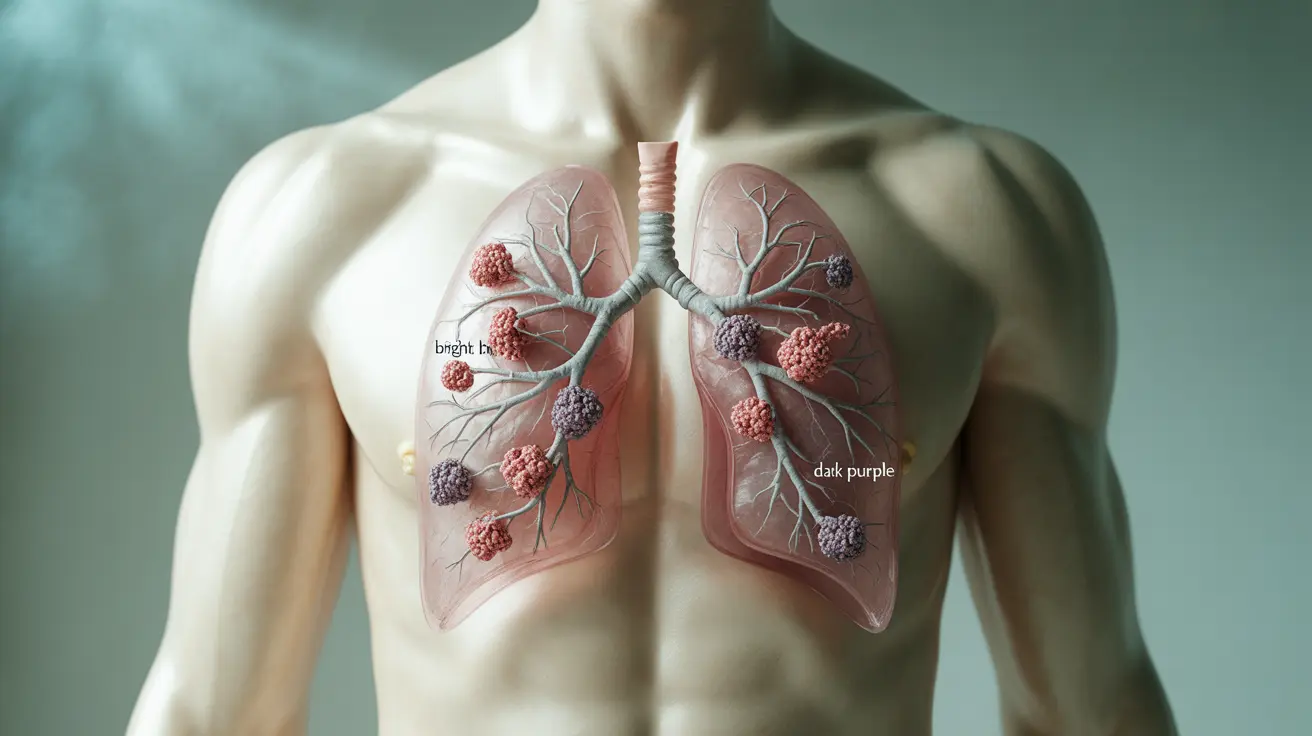When breast cancer reaches stage 4 and spreads to the lungs, patients and their loved ones often have many questions about what to expect. This advanced stage of breast cancer, also known as metastatic breast cancer, requires a comprehensive understanding of symptoms, treatment options, and factors affecting life expectancy. While every person's journey is unique, current medical advances have improved both survival rates and quality of life for many patients.
Understanding the various factors that influence prognosis and treatment outcomes can help patients make informed decisions about their care. From hormone receptor status to age at diagnosis, multiple elements play crucial roles in determining the most effective treatment approach and potential outcomes.
Recognizing Lung Metastasis Symptoms
When breast cancer spreads to the lungs, several distinctive symptoms may emerge:
- Shortness of breath or difficulty breathing
- Persistent cough
- Chest pain
- Unexplained fatigue
- Recurring chest infections
- Coughing up blood (in some cases)
Early recognition of these symptoms allows for prompt medical intervention and appropriate adjustment of treatment plans.
Impact of Hormone Receptor Status
The presence or absence of hormone receptors significantly influences treatment options and outcomes for stage 4 breast cancer patients. Hormone receptor-positive (HR+) breast cancers typically respond well to hormone therapy, potentially leading to better survival rates. Triple-negative breast cancers, which lack hormone receptors, may require different treatment approaches.
Current Treatment Approaches
Modern treatment options for stage 4 breast cancer with lung metastasis include:
Systemic Treatments
- Hormone therapy (for HR+ cancers)
- Targeted therapies
- Immunotherapy
- Chemotherapy
Local Treatments
- Radiation therapy
- Surgery (in specific cases)
- Ablation procedures
Treatment plans are typically individualized, taking into account factors such as hormone receptor status, overall health, and specific symptoms.
Age-Related Considerations
Age at diagnosis can significantly impact both treatment approaches and life expectancy. Younger patients may have access to more aggressive treatment options but might face more aggressive forms of cancer. Older patients may need carefully balanced treatment plans that consider other health conditions and overall quality of life.
Lifestyle Modifications for Better Quality of Life
Several lifestyle changes can help improve daily life while managing stage 4 breast cancer:
- Regular gentle exercise as tolerated
- Balanced, nutritious diet
- Stress management techniques
- Adequate rest and sleep
- Social support system maintenance
- Regular communication with healthcare team
Frequently Asked Questions
What are the typical symptoms when stage 4 breast cancer spreads to the lungs?
Common symptoms include shortness of breath, persistent coughing, chest pain, and unexplained fatigue. Some patients may also experience recurring chest infections or, less commonly, coughing up blood.
How does the presence of hormone receptors affect the life expectancy of someone with stage 4 breast cancer?
Hormone receptor-positive cancers generally have more treatment options available, including hormone therapy, which can lead to better outcomes. Patients with HR+ cancers often have longer survival rates compared to those with hormone receptor-negative cancers.
What are the latest treatment options for stage 4 breast cancer that has metastasized to the lungs?
Current treatment options include targeted therapies, immunotherapy, hormone therapy (for HR+ cancers), chemotherapy, and local treatments like radiation. New clinical trials are continuously exploring innovative treatment approaches.
How does age at diagnosis impact life expectancy for women with stage 4 breast cancer?
Age at diagnosis affects treatment options and outcomes. Younger patients may tolerate more aggressive treatments but might have more aggressive cancer types. Older patients may have additional health considerations that influence treatment choices and survival rates.
Are there any lifestyle changes that can help improve the quality of life for someone with stage 4 breast cancer?
Yes, beneficial lifestyle changes include maintaining a balanced diet, engaging in appropriate exercise, practicing stress management techniques, ensuring adequate rest, and maintaining strong social support networks. Regular communication with healthcare providers is also essential for optimal quality of life.




